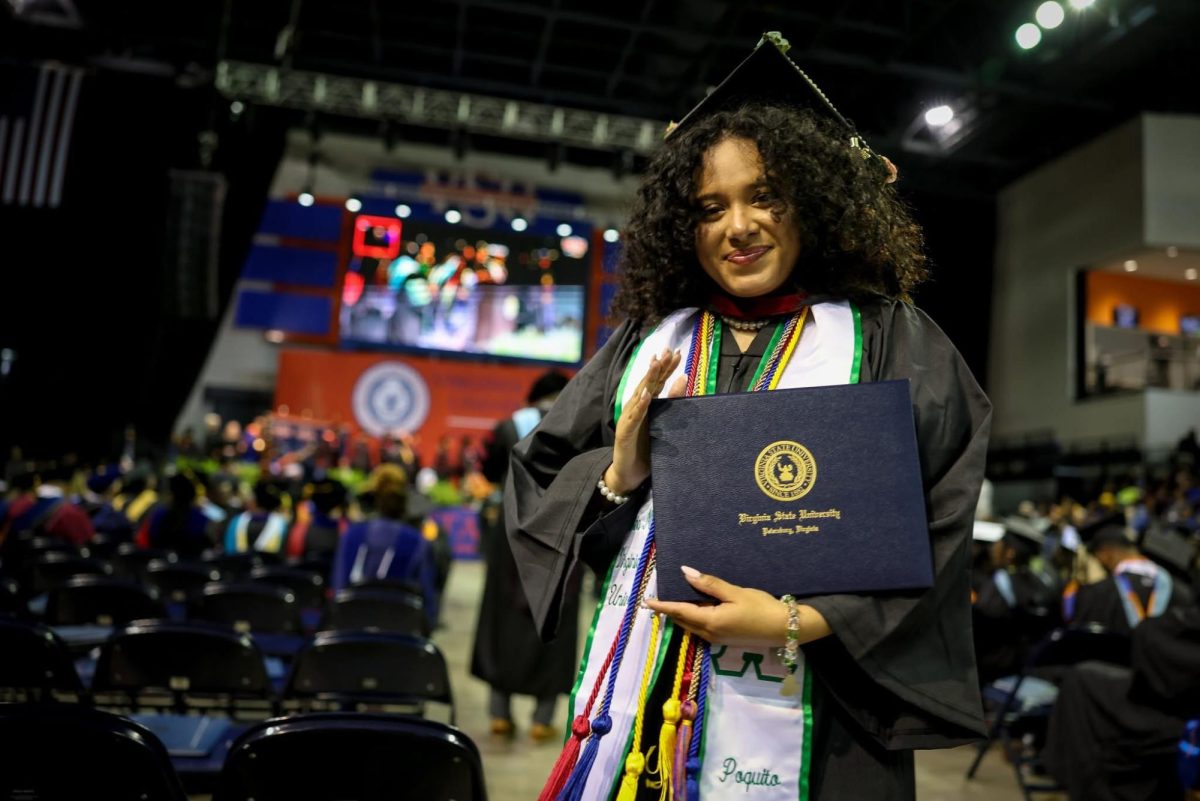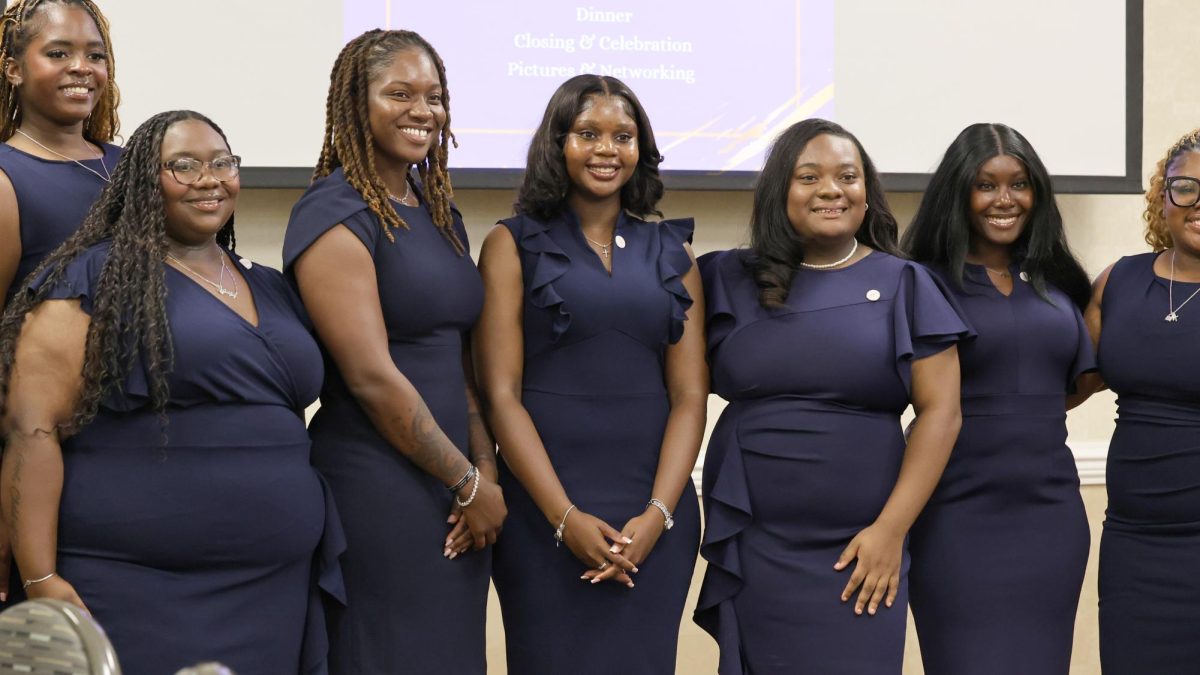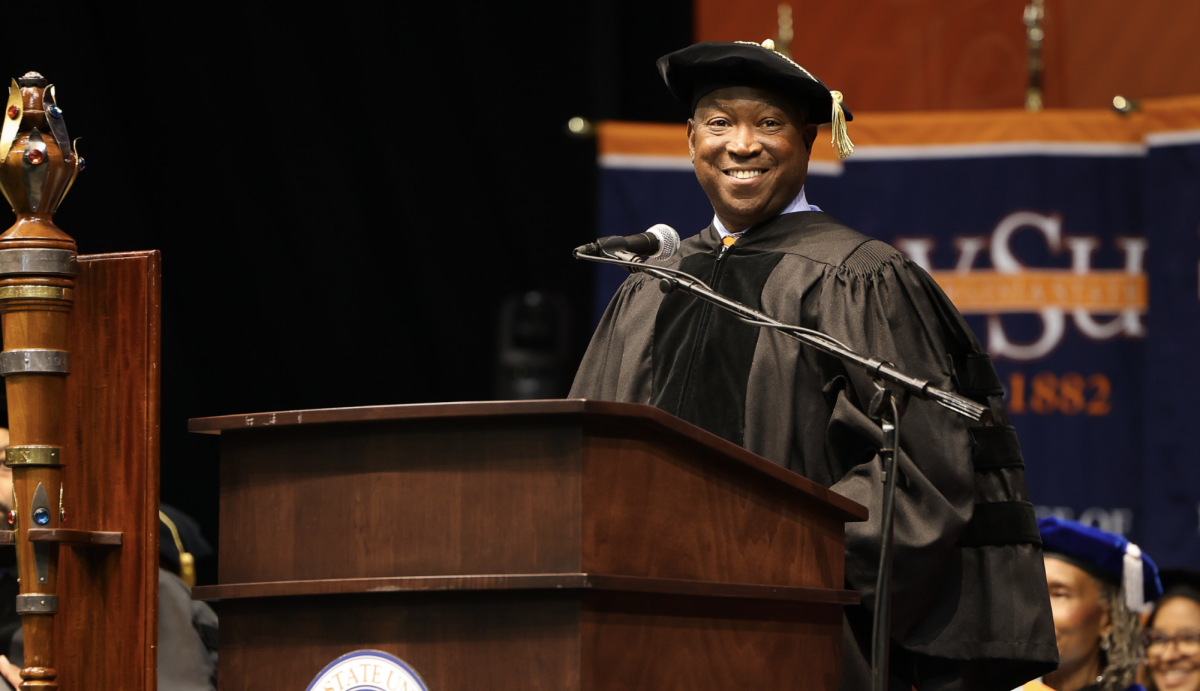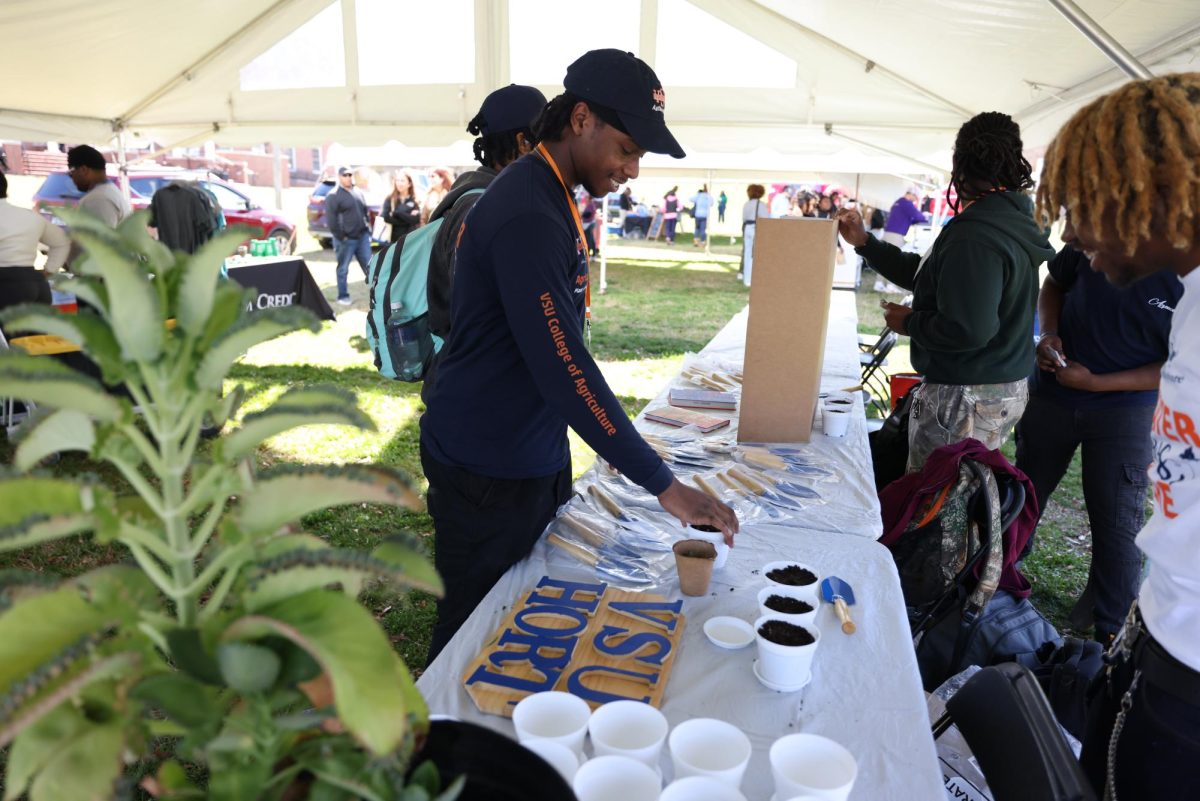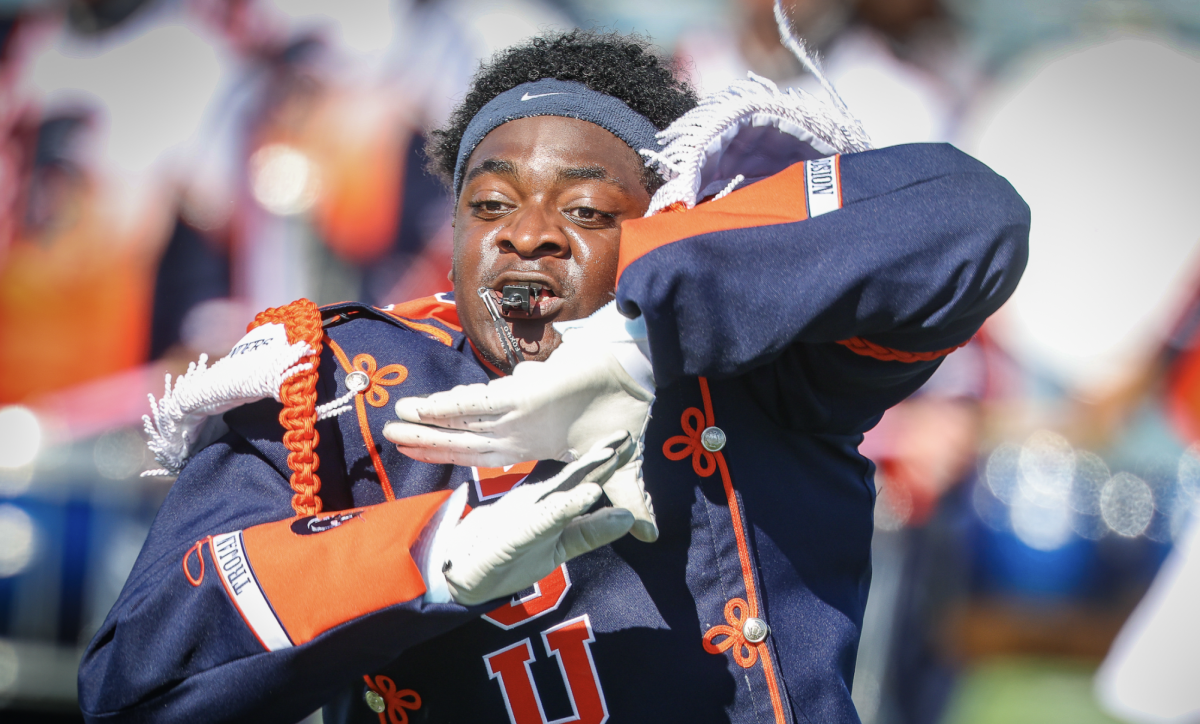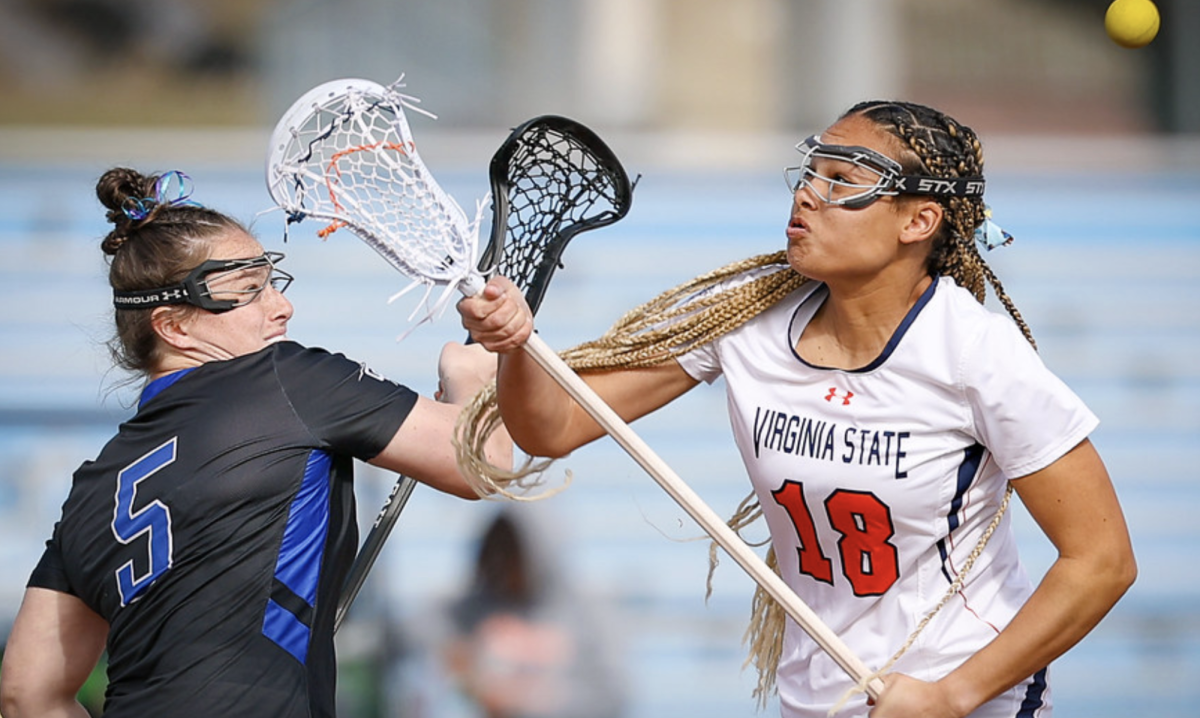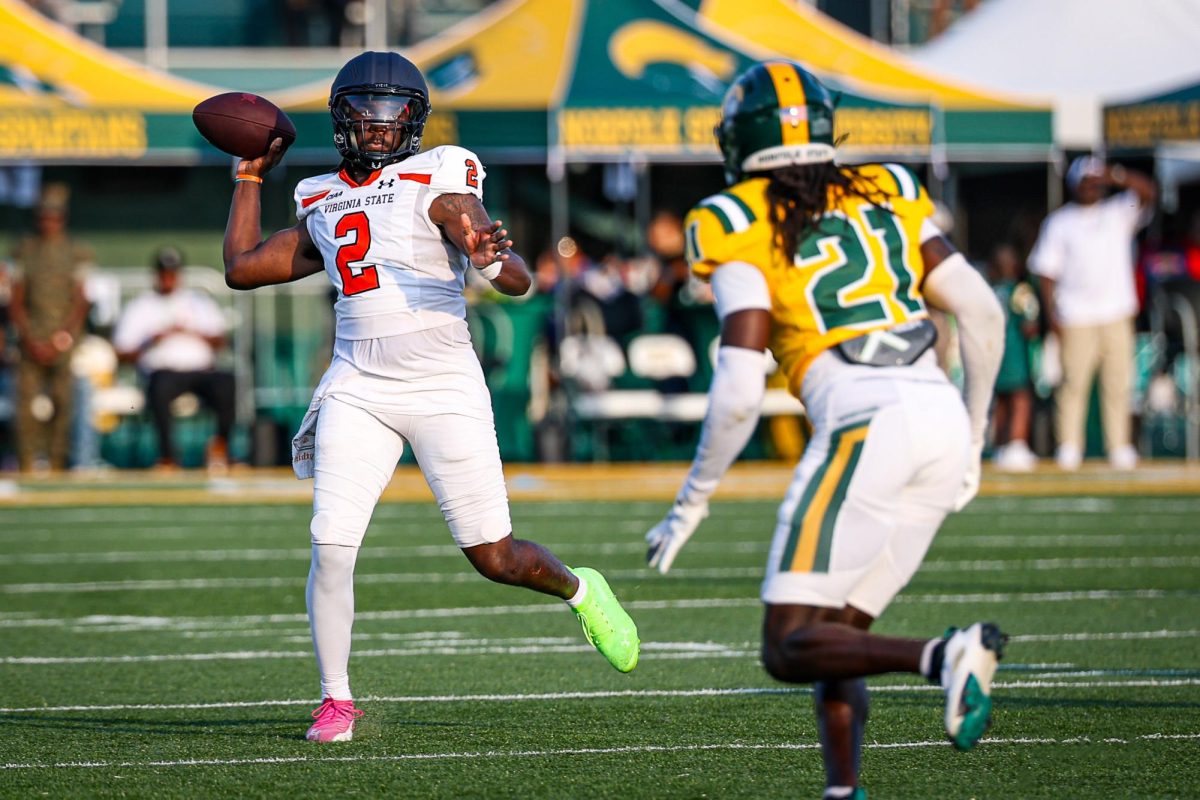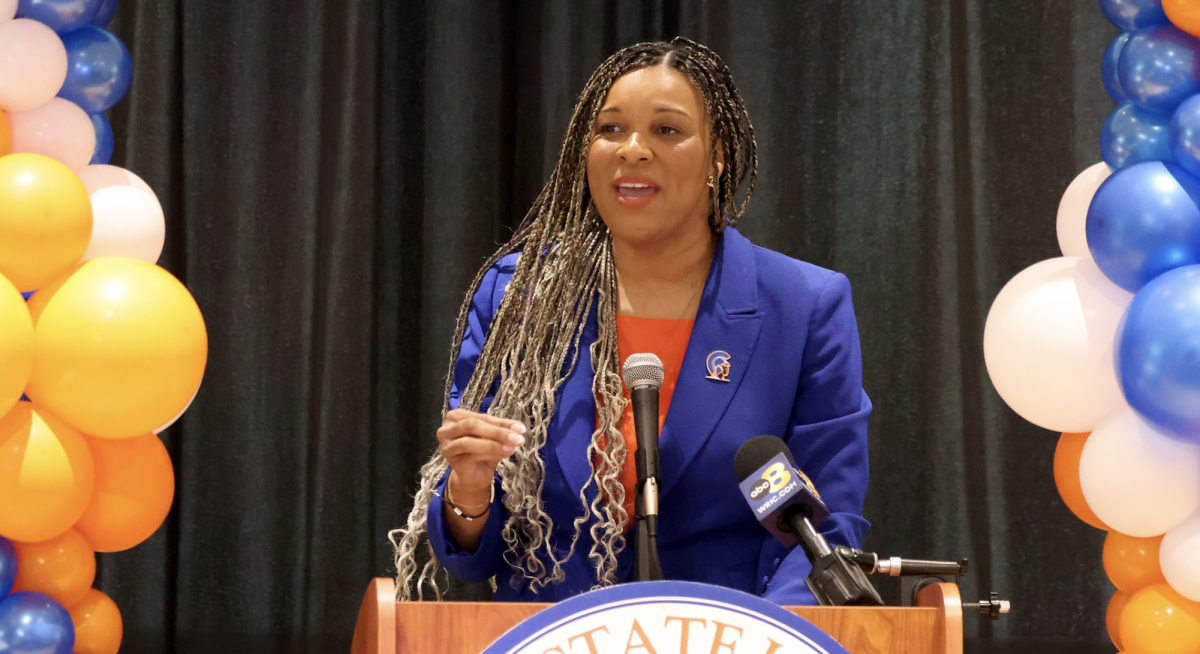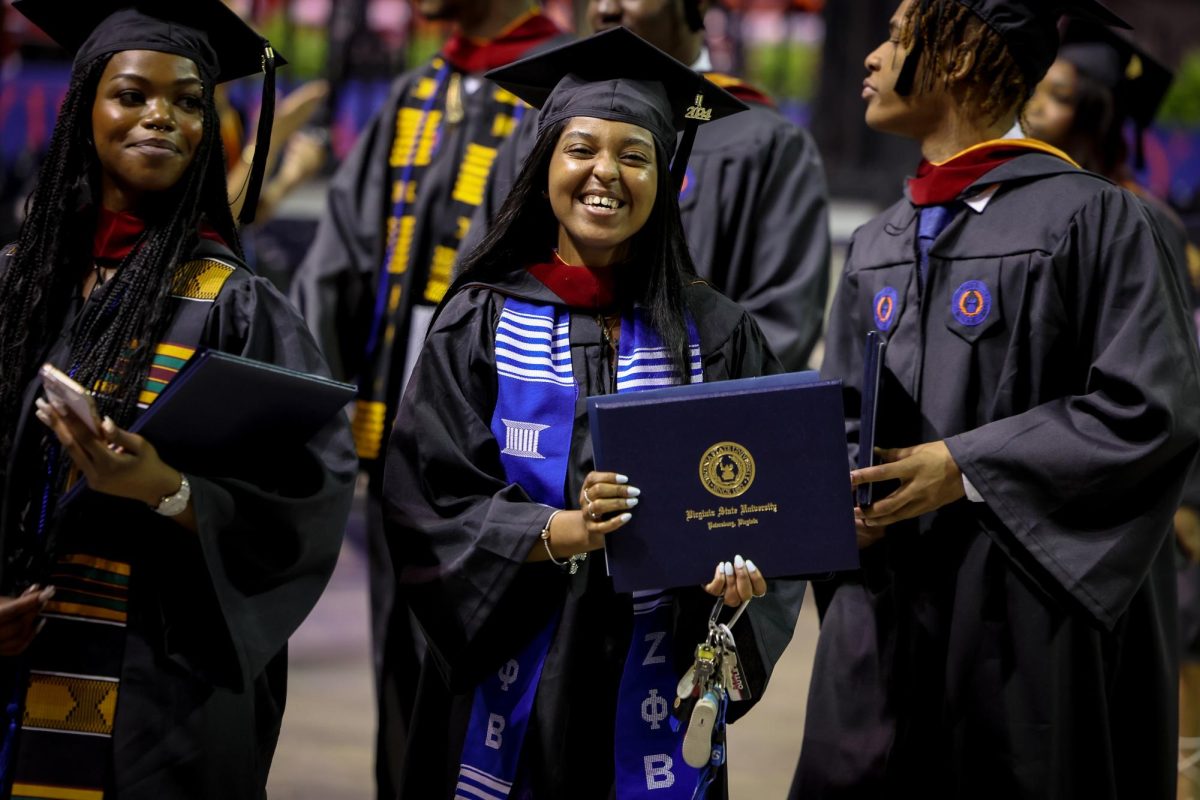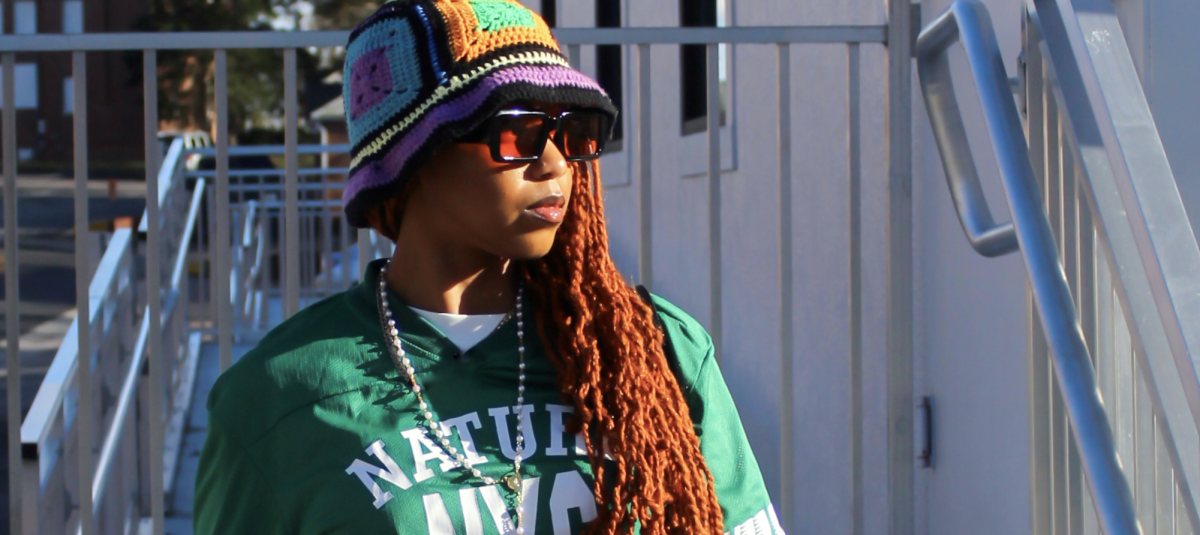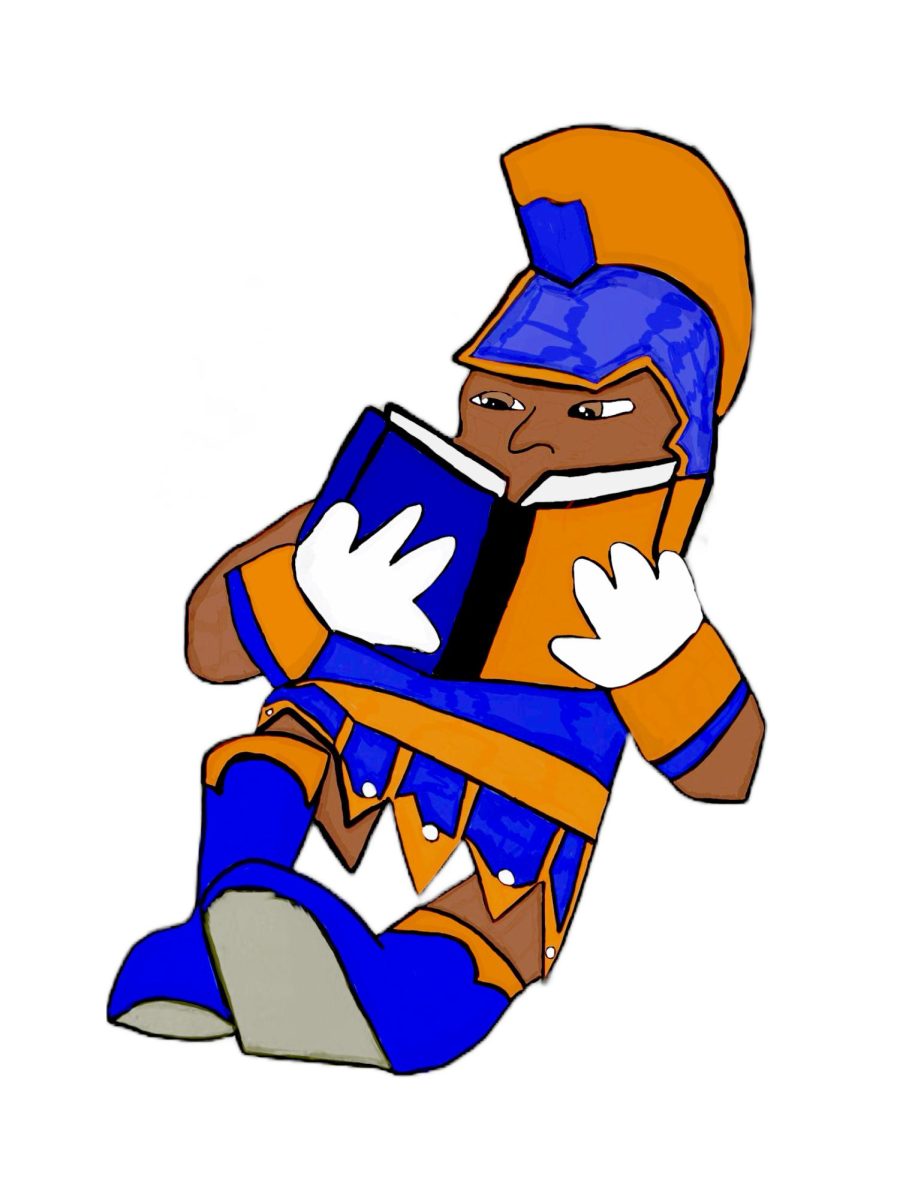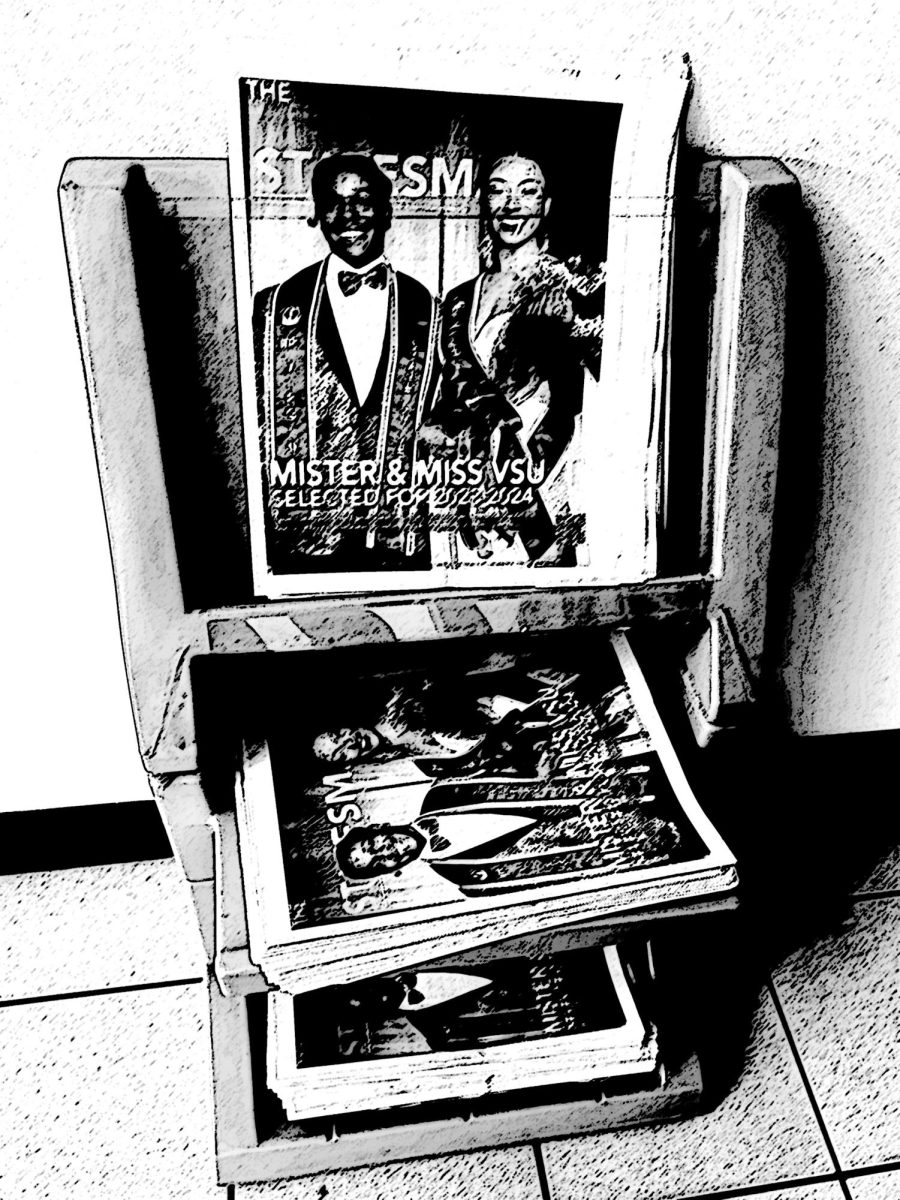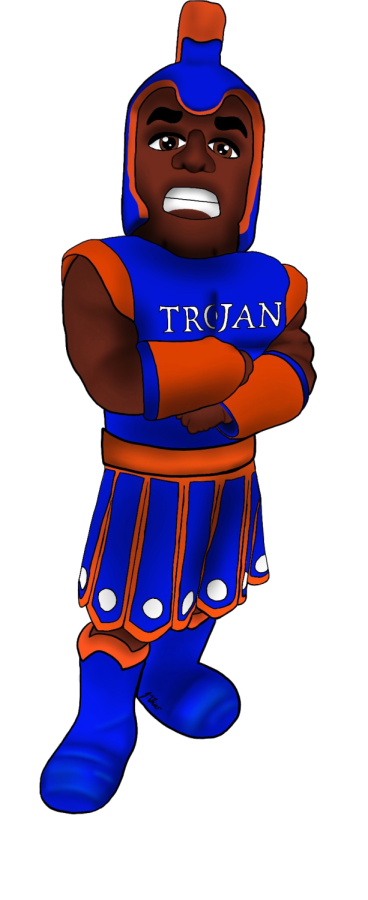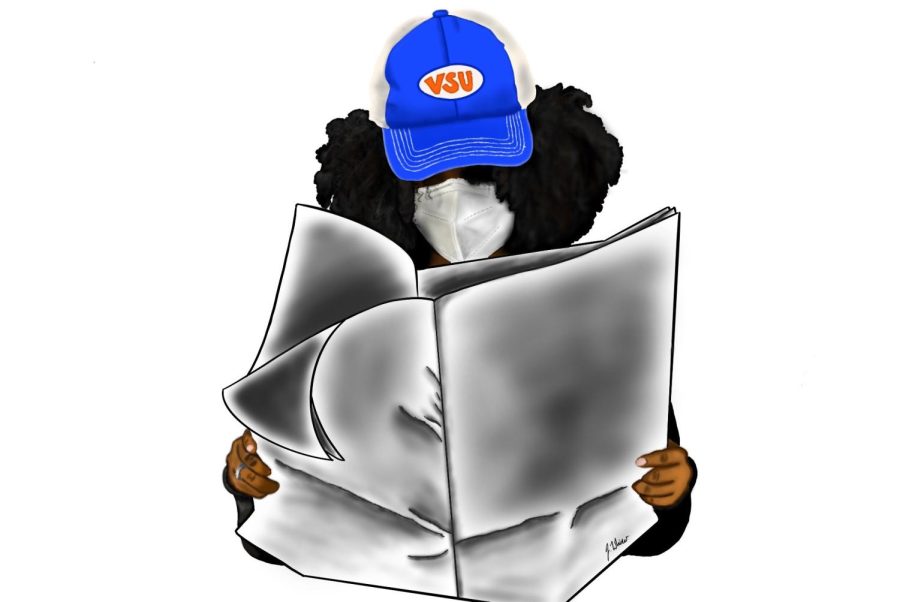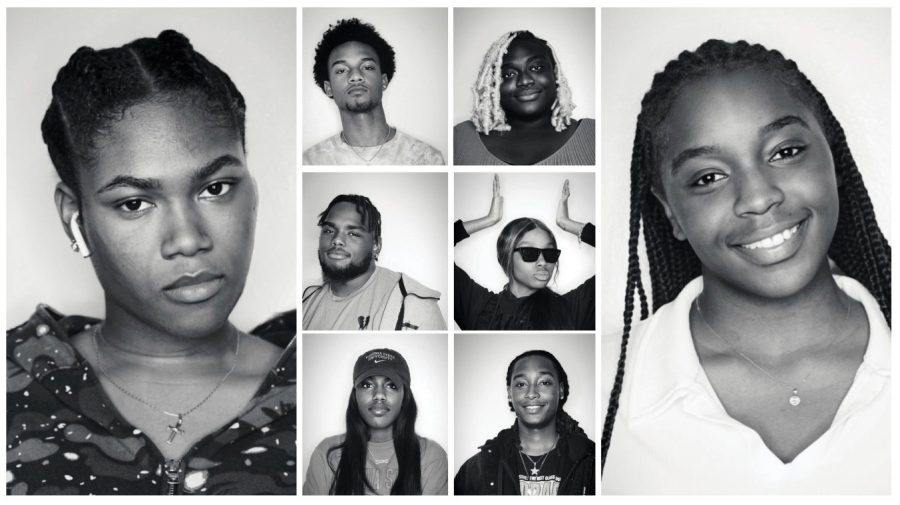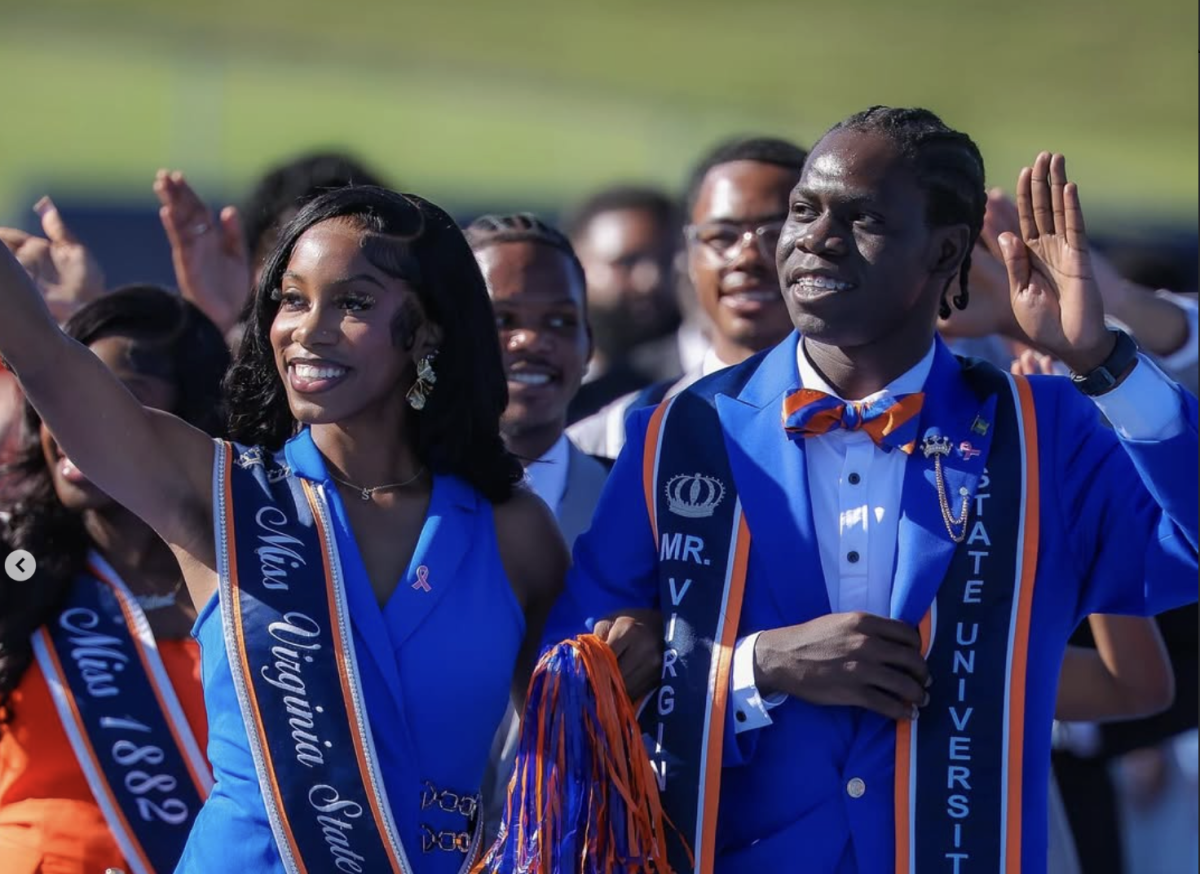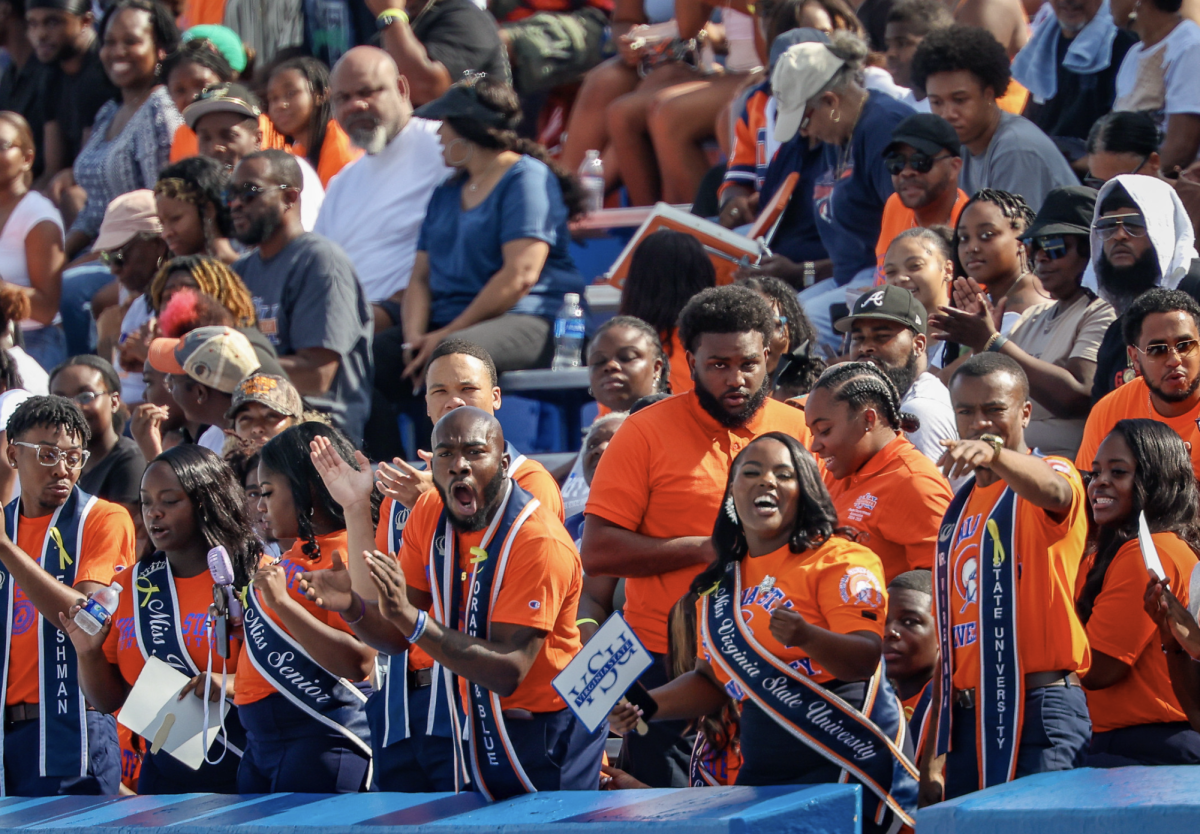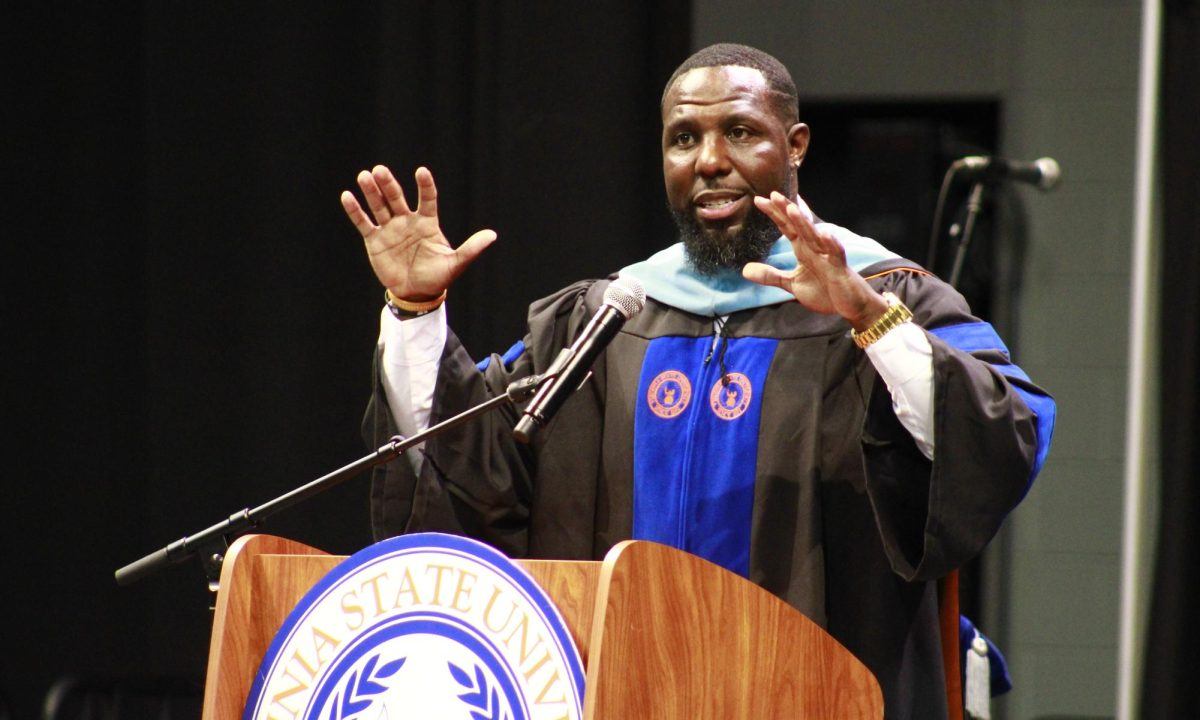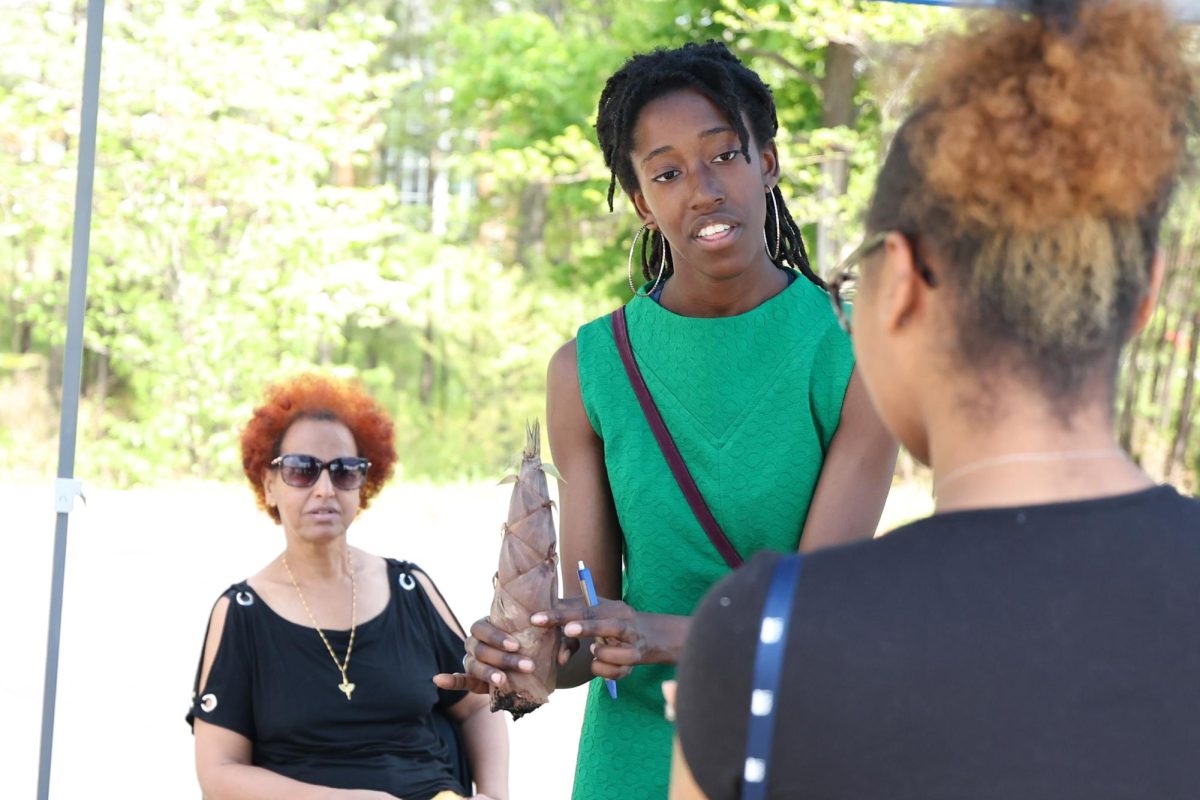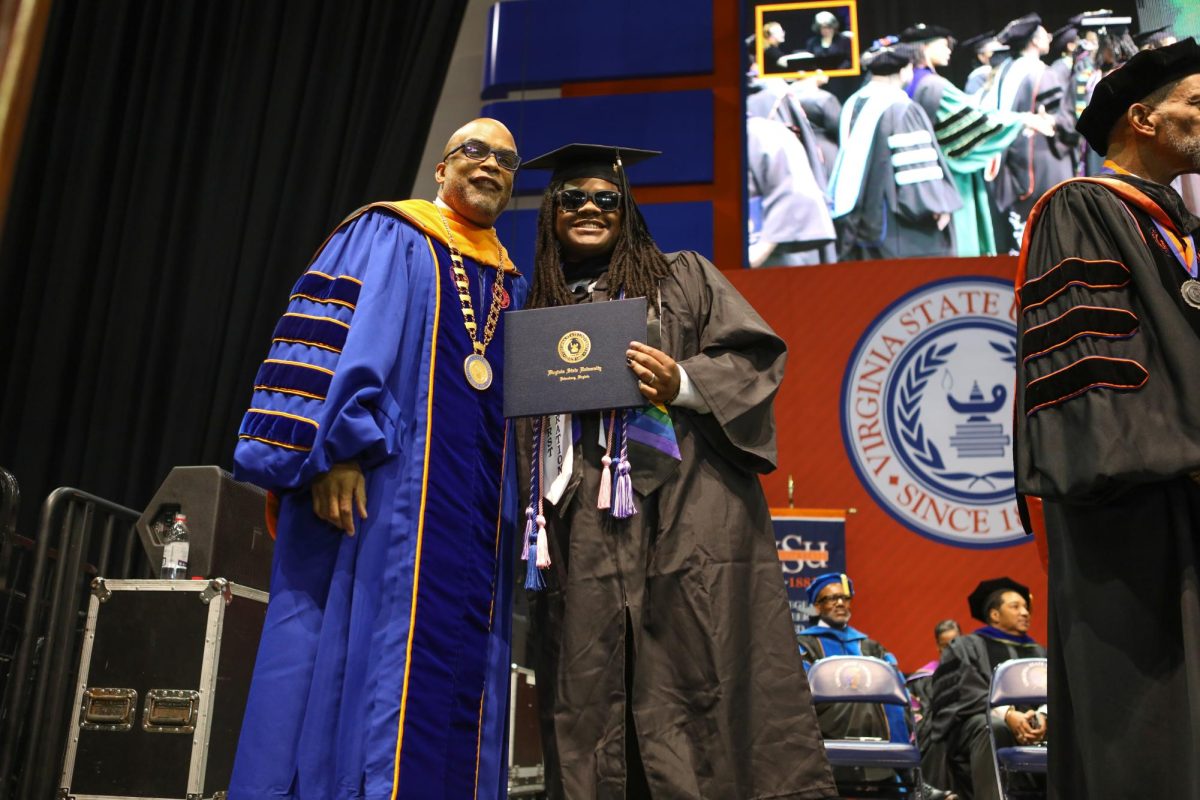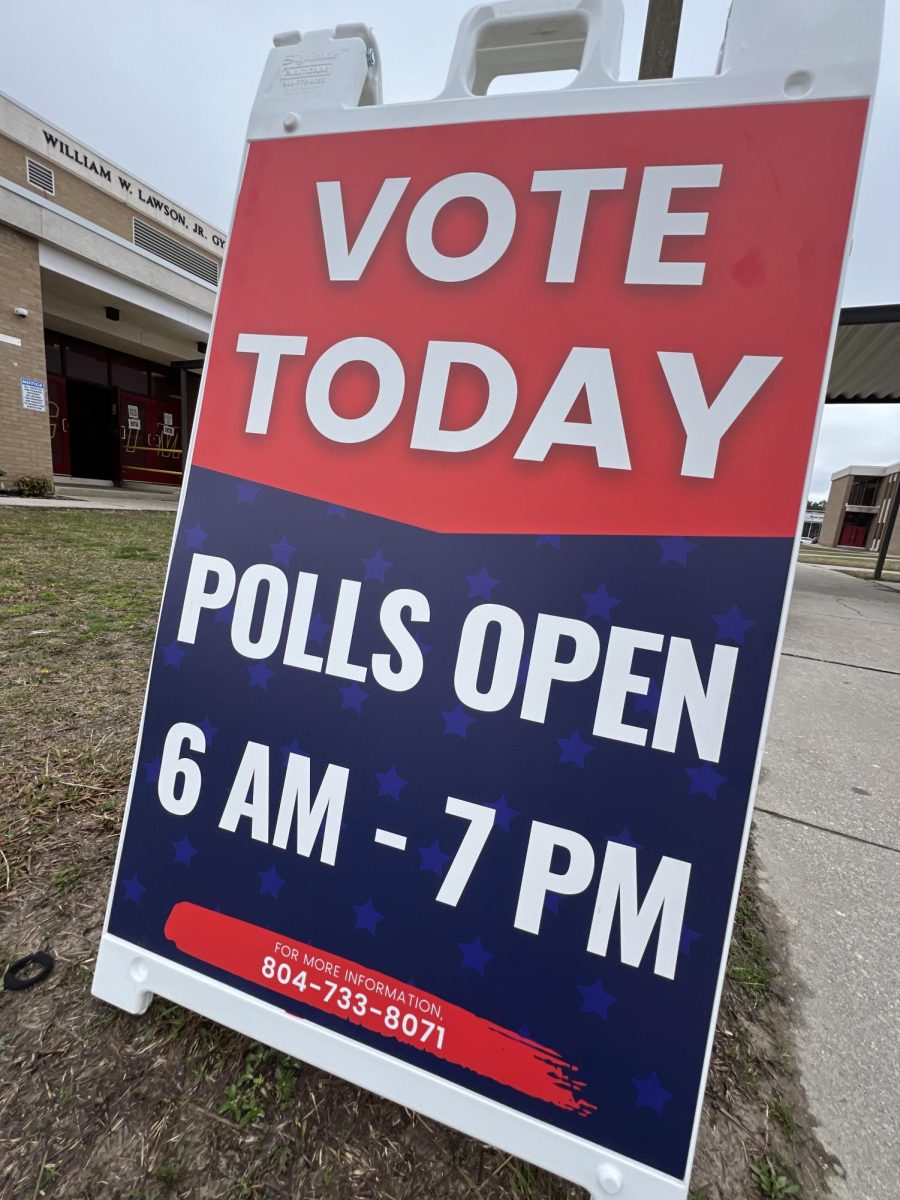On Tuesday, March 5, voters will be headed to the primary polls to decide who will be on the ballot in 15 states in November 2024. This is a big day politically because so many states are participating. In the past, this event also marks the point in the race when the pool of candidates is also narrowed down. Here are seven questions answered about Super Tuesday.
Q: What is Super Tuesday?
A: Super Tuesday is an important day in American politics. It refers to the day when a number of states hold their primary elections to select delegates for the Democratic and Republican parties’ national nominating conventions.
Q: How many states will participate in this year’s Super Tuesday? How is state participation determined?
A: 15 states will participate this year. The ultimate decision comes down to each states’ legislatures. Each state presents a proposal with a date to the Democratic and Republican national parties. These parties then approve or decline to hold their primary elections in those states.
Q: What role does Super Tuesday play in determining the nominees for each party?
A: Winning a substantial number of delegates on Super Tuesday can provide a candidate with a huge advantage. A strong performance on this day can push a candidate’s campaign in the right direction. Super Tuesday can be a turning point for the primary elections because it shows who voters deem to be good choices for the party.
Q: Why is Super Tuesday so impactful?
A: A significant amount of time, money, and labor are invested by candidates and their campaigns to compete successfully on Super Tuesday. Swaying the narrative of the race would impact the actions of donors, voters and party officials.
Q: What are some strategies that presidential candidates use to perform well on Super Tuesday?
A: Candidates look to build relationships with delegates and garnish support of their campaigns. Candidates use persuasive messaging and advertisements geared towards certain demographics groups to appeal to different types of voters. Investing in ground operations like volunteers and outreach offices widens their reach. Successful candidates use a combination of resources to secure delegates and position themselves as the best nomination for their parties.
Q: How did Super Tuesday originate? When was the first Super Tuesday?
A: Super Tuesday originated in the 1980s as a response to reforms in the Democratic Party’s primary election calendar. Presidential primaries used to be spread out over several months meaning different states held their elections a different time. This caused some candidates to gain massive support before other states even had a say. The term “Super Tuesday” gained recognition during the 1988 presidential election when a large number of Southern states held their elections on the same day. Since then, Super Tuesday has been a regular occurrence.
Q: When will I know the results from Super Tuesday?
A: It could take anywhere from hours to days to determine winners of delegates and party candidates. Some states may take longer due to mail in ballots.
Research gathered from the following sites: NPR, CBS News, CNN

